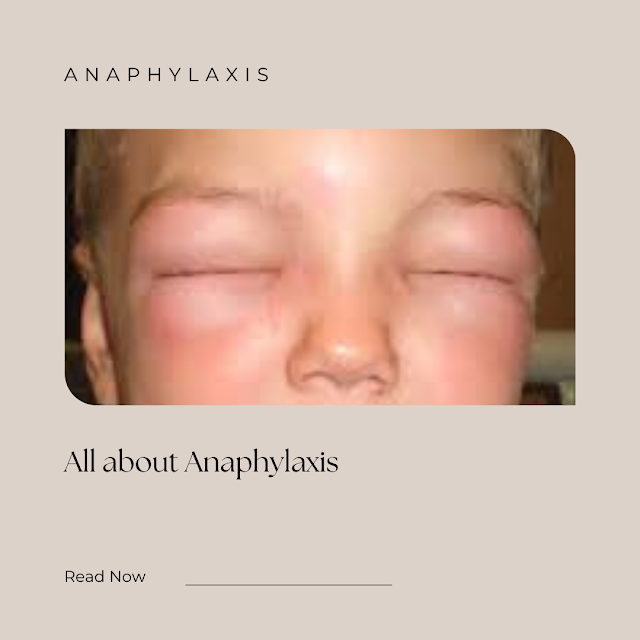Anaphylaxis is a severe and potentially life-threatening allergic reaction. It can occur within minutes after exposure to an allergen and can cause symptoms such as difficulty breathing, swelling of the throat and tongue, dizziness, and loss of consciousness. Anaphylaxis requires immediate medical attention and treatment with epinephrine (adrenaline).
Anaphylaxis can be caused by a variety of allergens, including food, insect stings, and medications. People who are at a higher risk of anaphylaxis include those who have a history of severe allergic reactions and those with allergies to peanuts, tree nuts, fish, shellfish, milk, and eggs.
If you think you or someone else is experiencing anaphylaxis, call 911 or your local emergency number immediately. Do not delay seeking medical attention, even if the symptoms seem to improve. If the person has epinephrine and has been prescribed it for anaphylaxis, help them administer the medication as directed. Stay with the person until medical help arrives.
Can Anaphylaxis Be Prevent
Anaphylaxis can often be prevented by avoiding known allergens and carrying epinephrine (adrenaline) at all times. If you have a history of severe allergies or anaphylaxis, your doctor may prescribe epinephrine for you to use in case of a future allergic reaction.
Here are some steps you can take to prevent anaphylaxis:
- Avoid known allergens. If you know you are allergic to certain foods, insect stings, or medications, avoid these substances. Read labels carefully when shopping for food and other products, and be aware of your surroundings when outdoors to avoid insect stings.
- Carry epinephrine with you at all times. If you have been prescribed epinephrine for anaphylaxis, make sure you always have it with you. This medication can be life-saving in case of a severe allergic reaction.
- Wear medical alert jewelry. If you have allergies or a history of anaphylaxis, consider wearing medical alert jewelry (such as a bracelet or necklace) that states your allergy or condition. This can help others know how to help you in case of an emergency.
- Let others know about your allergies. If you have allergies or a history of anaphylaxis, make sure the people around you know about your condition. This includes your friends, family, and co-workers, as well as any caregivers or teachers for your children.
- Learn how to recognize the symptoms of anaphylaxis. Anaphylaxis can occur quickly and can be life-threatening, so it's important to know what to look for. Symptoms can include difficulty breathing, swelling of the face, lips, or tongue, dizziness, and loss of consciousness. If you experience any of these symptoms, seek medical attention immediately.
